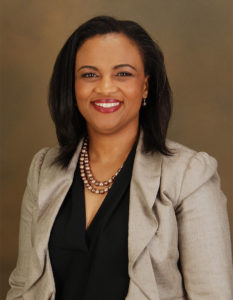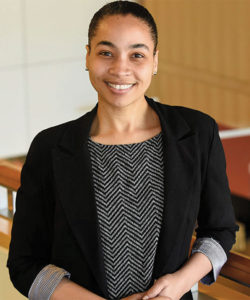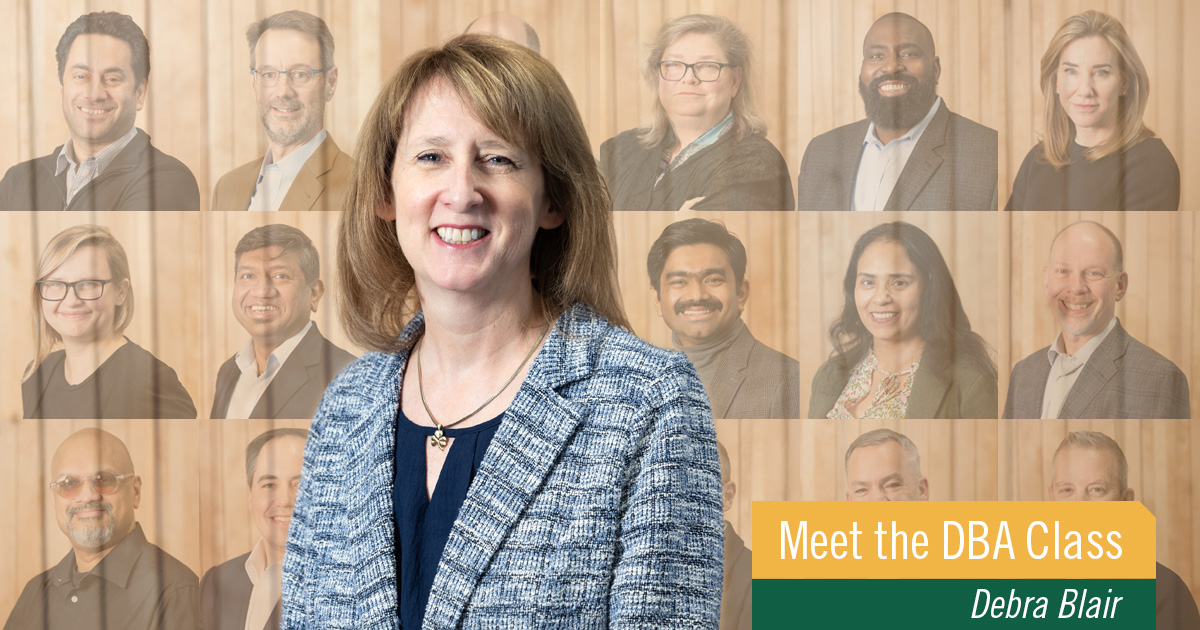An Entrepreneurial Prescription: New Healthcare Partnership Launches

Back in 2015, the United Nations established 17 goals for creating a better future.
Known as the Sustainable Development Goals, they act as a blueprint for tackling global challenges, from poverty and hunger, to education, gender equality, and a host of other issues.
The third of these 17 goals focuses on health care. “Ensure healthy lives,” the goal states, “and promote well-being for all at all ages.”
That’s obviously an important aspiration, but such a huge, complicated, and uncompromising objective does raise questions about how it can be achieved. After all, nearly 8 billion people live on Earth. Where will the money, effort, and creativity required to make sure they are all living healthy lives come from?
“It won’t be a purely government initiative. The funding gap is too high,” says Babson College’s Wiljeana Glover, the Stephen C. and Carmella R. Kletjian Foundation Distinguished Professor of Global Healthcare Entrepreneurship. “We will not be able to achieve goal number three without private funding and innovation and entrepreneurship.”
That tricky reality, in turn, raises yet another question: How much do medical practitioners know about entrepreneurship, innovation, and funding? If clinicians can’t entirely rely on government help to make sure people are healthy, how can they do that themselves?

Wiljeana Glover, the Stephen C. and Carmella R. Kletjian Foundation Distinguished Professor of Global Healthcare Entrepreneurship
“Global health practitioners traditionally or typically do not think about business or money,” says Dr. Rex Wong, associate professor and director of the Bill and Joyce Cummings Institute of Global Health at the University of Global Health Equity (UGHE) in Rwanda. “People tend to avoid talking about making money, resulting in so many failed global health projects.”
UGHE and Babson’s Kerry Murphy Healey Center for Global Healthcare Entrepreneurship are teaming up to change that. The two institutions may be located thousands of miles apart, but in their new partnership, they aim to bring business and entrepreneurial thinking to global health care. “We are forced to think creatively and explore different ways to help finance and sustain programs,” Wong says.
The stakes, essentially the health and well-being of people wherever they may live on the planet, are high.
A Natural Partner
Founded in 2015, UGHE is a health sciences university that focuses on how medical care can be delivered in a sustainable and equitable way. Attended by students from around the world, its flagship academic program is a master’s degree in global health delivery. “Entrepreneurship and business management are some key areas the university aims to incorporate in the curriculum,” Wong says. “Babson is a natural partner due to its reputation and expertise.”
Dr. Claire-Cecile Pierre agrees. She’s the executive director of the Healey Center, as well a faculty member in the department of global health and social medicine at Harvard Medical School and the chief medical officer at Harbor Health, which operates a network of community health centers.
“UGHE is thinking of the bigger picture. That requires entrepreneurial thinking,” Pierre says. “I think it is important that students get exposed to the concept of entrepreneurial thinking in global health care early in their training.”
“Entrepreneurship and business management are some key areas the university aims to incorporate in the curriculum. Babson is a natural partner due to its reputation and expertise.”
Dr. Rex Wong, associate professor at the University of Global Health Equity in Rwanda.
The UGHE-Babson partnership, awarded a $100,000 grant from the McGovern Foundation earlier this year, basically has three facets, Glover says. The first two of these—a seminar series focused on Entrepreneurial Thought & Action® (ET&A™) methodology and an innovation lab for tackling healthcare challenges—already have launched. Ultimately, classes will be offered as well.
The programs aren’t just for UGHE students, as Babson students also are encouraged to participate. In the innovation lab, for instance, a couple of Babson undergraduates are working with UGHE students on a pilot project for the Rwanda National Union of the Deaf. The students are examining how deaf patients can better communicate with their doctors.
More innovation lab projects will launch in the summer, Glover says. While Babson students currently participate remotely, the hope is that eventually they will be able to travel to Rwanda and work in person.
Roll Up Their Sleeves
The Healey Center’s involvement with UGHE is the latest connection between Babson and Rwanda. In the past, Babson had operated an entrepreneurial center in the country and sent teams of students to Rwanda to teach entrepreneurship.

Dr. Claire-Cecile Pierre, the executive director of Babson’s Kerry Murphy Healey Center for Global Healthcare Entrepreneurship
For this new venture, Pierre believes Babson students will learn as much as their UGHE counterparts. “They will gain a view of global health challenges,” she says. “It will push their ET&A thinking to address needs both here and there.”
Indeed, issues concerning access and equality plague health care, not only in developing countries, but also in poor places in the United States. Glover hopes that Babson students are galvanized in working with UGHE and realize how much need there is everywhere for their entrepreneurial know-how.
“It’s not just the responsibility of doctors. It’s the responsibility of entrepreneurs to roll their sleeves up and get in there,” Glover says. “My biggest hope is that they can see themselves as world changers.”
Posted in Community




